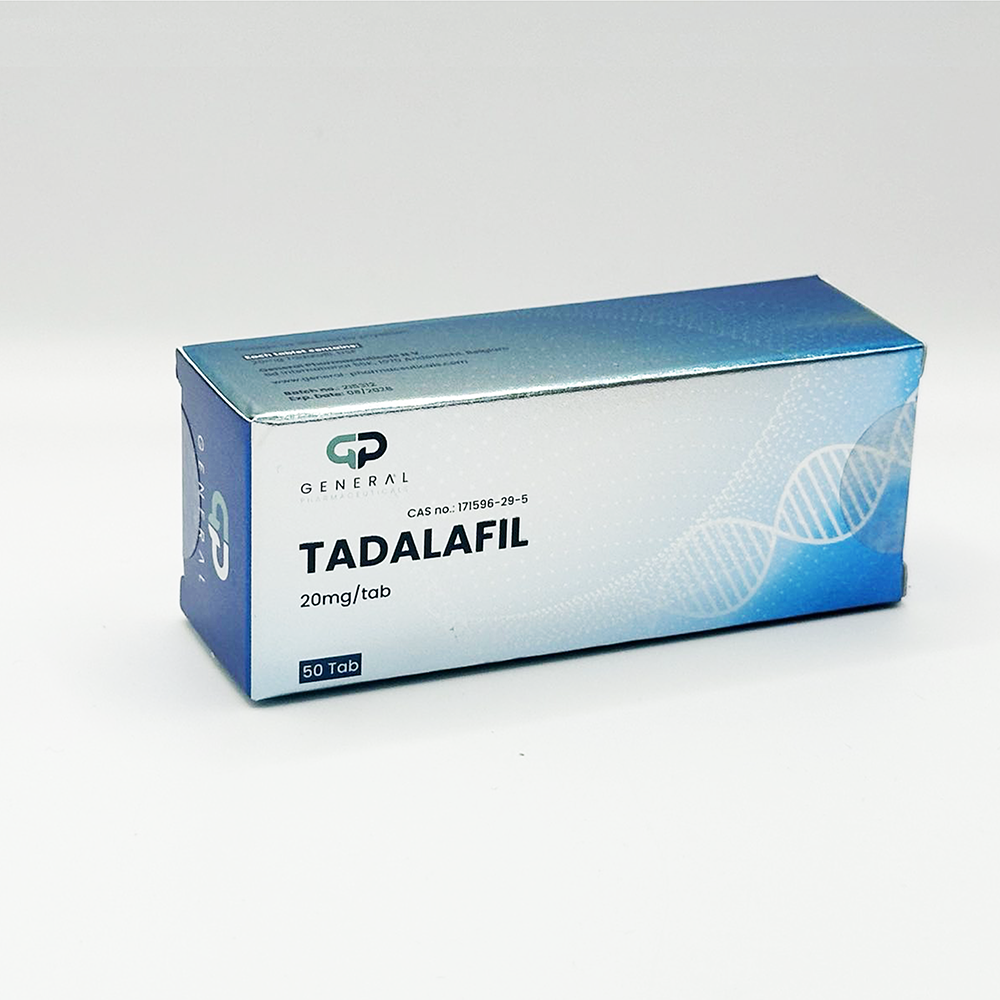
Tadalafil
Tadalafil is a medication used primarily to treat erectile dysfunction (ED) and symptoms of benign prostatic hyperplasia (BPH). It belongs to a class of drugs known as phosphodiesterase type 5 (PDE5) inhibitors.
Medical Uses
Tadalafil is approved for the following medical uses:
- Erectile Dysfunction (ED): It is used to treat ED, a condition where a man has difficulty achieving or maintaining an erection sufficient for sexual activity.
- Benign Prostatic Hyperplasia (BPH): Tadalafil is also used to treat symptoms of BPH, which include difficulty urinating (hesitation, dribbling, weak stream), painful urination, and the need to urinate frequently or urgently.
- Pulmonary Arterial Hypertension (PAH): In some cases, tadalafil is used to treat PAH, a condition characterized by high blood pressure in the arteries of the lungs.
Mechanism of Action
Tadalafil exerts its effects through the following mechanisms:
- PDE5 Inhibition: Tadalafil inhibits the enzyme phosphodiesterase type 5 (PDE5), which is responsible for the breakdown of cyclic guanosine monophosphate (cGMP) in the smooth muscle cells lining the blood vessels of the penis and prostate. By inhibiting PDE5, tadalafil increases the levels of cGMP, leading to smooth muscle relaxation and increased blood flow to these areas, which helps to achieve and maintain an erection (in ED) and relieve symptoms of BPH.
Side Effects
While generally well-tolerated, tadalafil can cause several potential side effects:
- Headache: One of the most common side effects reported with tadalafil use.
- Flushing: Some individuals may experience flushing or warmth in the face, neck, or chest.
- Digestive Issues: Tadalafil can cause indigestion, acid reflux, and gastrointestinal discomfort.
Interactions
Tadalafil may interact with medications that affect blood pressure, such as nitrates (often used to treat chest pain) and alpha-blockers (used to treat high blood pressure and prostate enlargement). These interactions can lead to potentially dangerous drops in blood pressure.

